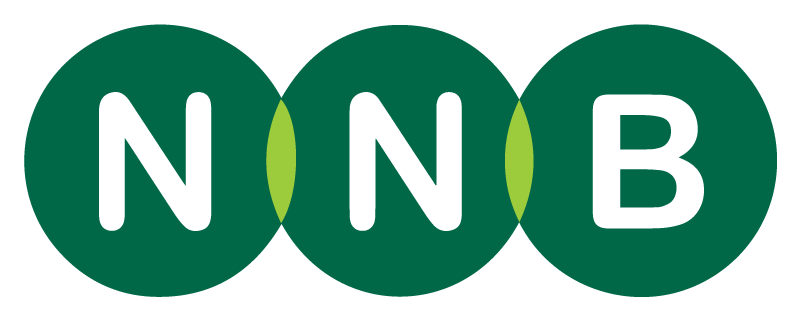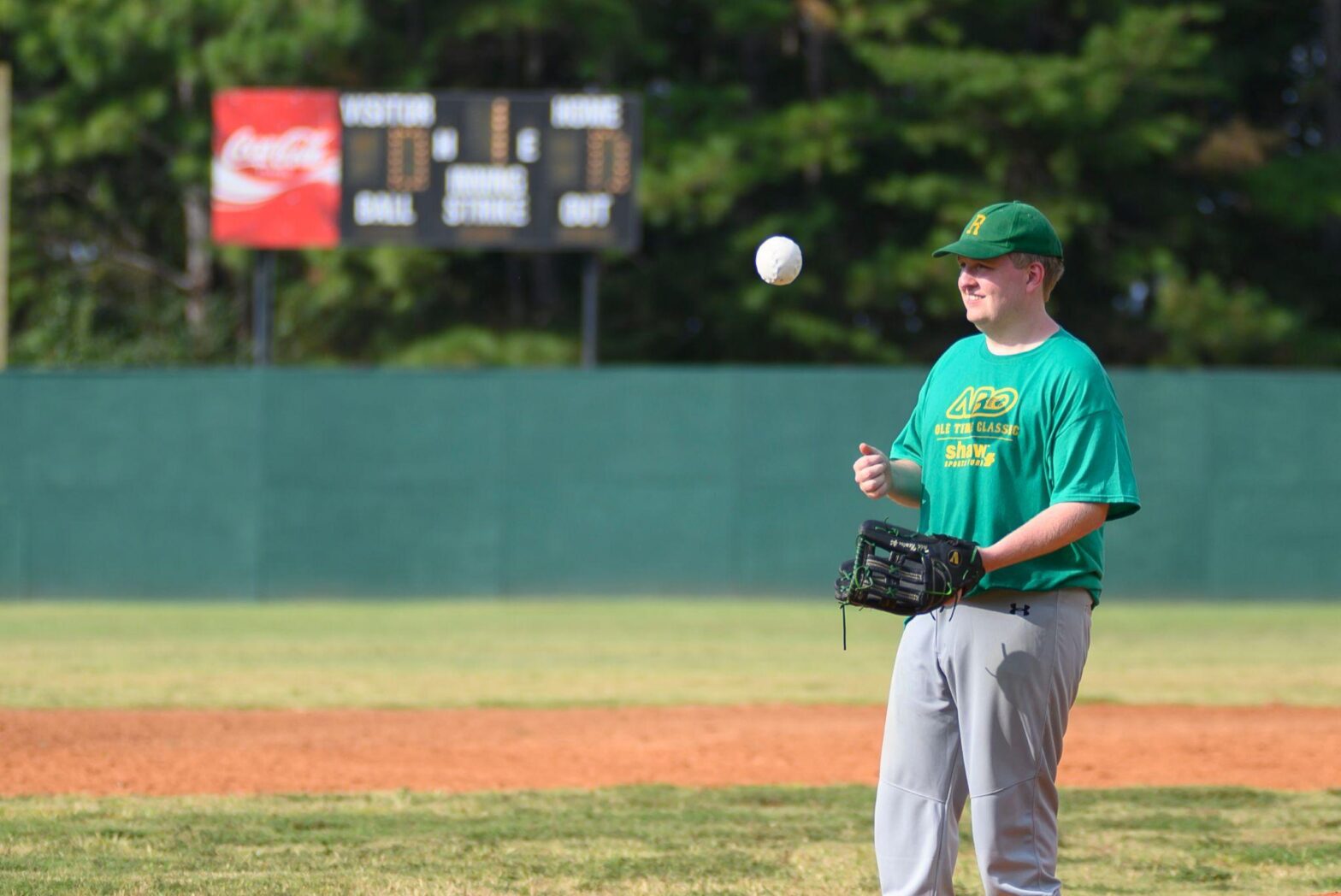Pictured above: ABO’s last national game was held in 2019, played against a team of former MLB players.
Courtesy of Taylor Duncan
By Baron Reichenbach
The Alternative Baseball Organization, an association for youths with autism spectrum and related disorders, is looking to massively expand its teams in time for the 2022 season.
“We went from 20 teams to, now, approaching 80,” Taylor Duncan, ABO’s founder and CEO, said.
“It takes about six months to a year to fill out a whole team, so why not go ahead and get started while we can, and try to get momentum going, so that when [the pandemic] does blow over, we’ll be ready to get back off the ground,” Duncan said.
A number of these teams will be located in the Tampa Bay area including Tampa, New Port Richey, Bradenton and Lakeland. These teams will be run by the Men’s Amateur Baseball League, based out of Lakeland.
ABO is a nonprofit organization made of teams across the U.S., specifically geared to involve youths with disabilities in a sport they might ordinarily be barred from playing.
“They get to learn how to work as a team, work on physical skills, and learn how to deal with disappointment and different situations,” Duncan said.
Besides using a different ball to accommodate different skill levels, ABO uses all the same rules and equipment as Major League Baseball.
Duncan aims to push for moving from autism awareness to practical inclusion.
“We’ve worked on autism awareness the past 25 years. But we need to be taking the next step, and that’s to encourage more integration, the step of inclusion,” Duncan said. “That’s where we’re going to get things done.”
Originally from Dallas, Georgia, Ducan first learned to play baseball at the age of 12, playing in a “typical youth baseball” league for a single season. The year after, a new coach cut Duncan from the team, considering him an injury risk. While he continued to build his skills through slowpitch softball, continued discrimination pushed Duncan to establish his own team.
After reaching out to schools and organizations across his home county, Duncan founded the first team of six players that would act as a precursor to ABO in 2013, originally envisioned as a campaign to raise awareness. Growing from word of mouth and new coverage, the campaign expanded to multiple teams, and Duncan founded ABO in 2014.
“The big thing [was] trying to find the individuals in the community,” Duncan said.”Because once many of them get out of high school… they’re not getting the resources to work toward living independently.”
Duncan noted that, while organizations like the Special Olympics exist, not everyone qualifies, due to factors such as scoring to high on IQ tests.
“Once they age out of the available services that are out there, there’s just nothing else for them,” Duncan said. “We’re trying to get them back out into society, and into this team scenario where they can work on a lot of those skills.”
He also commented on the disparity in available resources in metropolitan and rural areas.
“Not every place is a Tampa Bay or an Atlanta. You have places like Meridian, Mississippi… the rural areas in New Mexico. Those individuals in those areas don’t have the same ease of access to services as those closer to metropolitan areas,” Duncan said.
Duncan hopes ABO and organizations like it can help mend this imbalance in advocacy resources. He believes his personal experience with autism provides a necessary insight that allows the organization to succeed in its stated mission.
“We actually have the experience to be able to cater to others, [based on] our own individual experiences,” Ducan said.”I give credit to all the doctors who have done research on ASD the past 50 years, but here’s the thing: I believe the most effective plans and most effective work is gonna come from those on the spectrum themselves.
“If you don’t have the experience, you’re only able to do so much, and you’re not going to touch that target demographic 100% if you don’t understand where they come from.”
Due to the COVID-19 pandemic, ABO canceled all games for a year. However, this allowed them to focus on expanding outreach in preparation for the eventual end to the pandemic.
“A lot of our expansion came from COVID… because a lot of the news stations picked us up. Professional sports were cancelled, so they didn’t have anything to report on in sports in these minor-market areas. So we ended up getting a lot more coverage on a local level,” Duncan said.
They are now beginning to reopen with socially distanced games.
“For now, we’re using the same policies as Major League Baseball. You don’t need to have masks on on the field, but… if you’re not doing physical activity, then the mask has to go on,” Duncan said. “We’re highly encouraging the use of temperature guns and hand sanitizer, and not allowing players to have high-fives or… share water bottles or anything like that, which they shouldn’t anyway. We’re taking every possible measure we possibly can.”
Ducan looks forward to releasing information about ABO’s next national game, scheduled for Nov. 2022.
In the long term, Duncan hopes to expand ABO’s presence to Canada and beyond, pushing off of their media-fueled expansion over the past year.
“We reached… Hawaii, and Alaska. Our Canadian trademark registration recently finished up, so we’re working on getting that fixed so we can expand into Ontario and the other provinces,” Duncan said.

